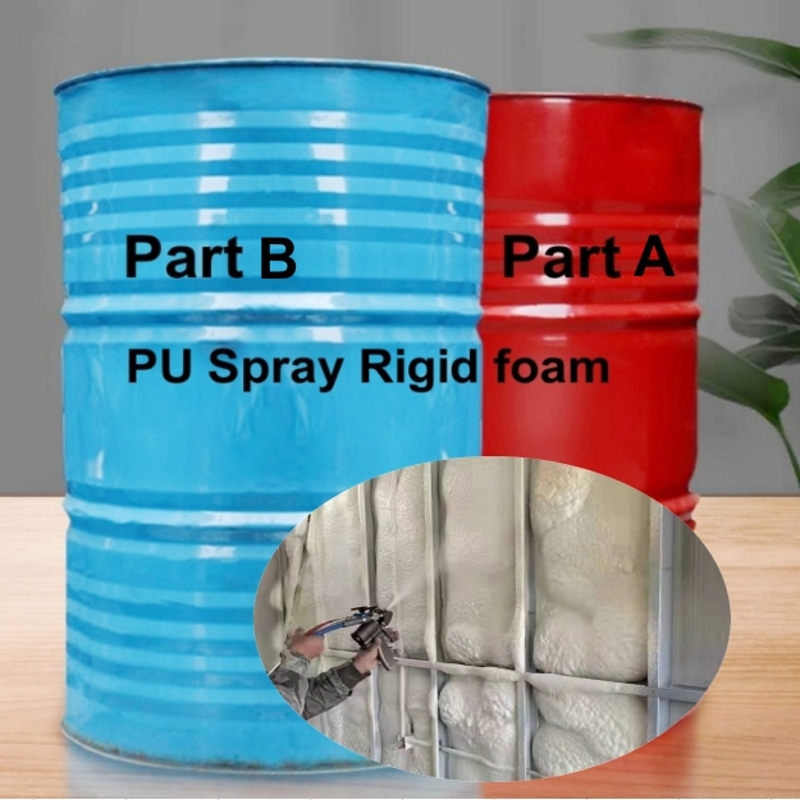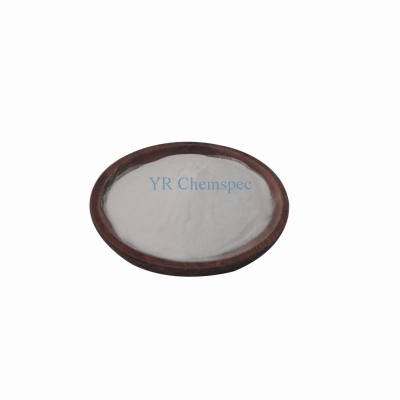-
Categories
-
Pharmaceutical Intermediates
-
Active Pharmaceutical Ingredients
-
Food Additives
- Industrial Coatings
- Agrochemicals
- Dyes and Pigments
- Surfactant
- Flavors and Fragrances
- Chemical Reagents
- Catalyst and Auxiliary
- Natural Products
- Inorganic Chemistry
-
Organic Chemistry
-
Biochemical Engineering
- Analytical Chemistry
- Cosmetic Ingredient
-
Pharmaceutical Intermediates
Promotion
ECHEMI Mall
Wholesale
Weekly Price
Exhibition
News
-
Trade Service
A team of chemists from the University of Wisconsin-Madison introduced a new method
to replace solid catalysts using molecular catalyst systems.
In the search for better and cheaper ways to store and utilize energy, precious metals such as platinum are used as catalysts to advance the most efficient fuel cells
.
Fuel cells convert chemical energy into electricity
by reacting hydrogen and oxygen by reacting with two different electrodes.
Catalysts make this reaction more efficient
.
Shannon Stahl, a chemistry professor at the University of Wisconsin-Madison, and James Gerken, a lab researcher, drew inspiration
from the group's previous work on catalysts for oxygen applications in the chemical industry.
They noticed a striking similarity between these aerobic oxidation reactions and the oxygen reactions in fuel cells and decided to see if they could apply a similar approach to fuel
cells.
Stahl said that although this combination of catalysts has been used in aerobic oxidation reactions before, we don't know if it will be a good fuel cell catalyst
.
It turns out that this is the most efficient molecular catalyst system
reported so far.
This work shows that, for the first time, molecular catalysts can approach platinum in efficiency
.
And the benefit of molecular catalysts is that you can continue to modify their structure to further achieve higher efficiency
.
Stahl and Gerken believe the center can promote interdisciplinary research across various chemistry disciplines and not open the way
to future advances in the field.
A team of chemists from the University of Wisconsin-Madison introduced a new method
to replace solid catalysts using molecular catalyst systems.
In the search for better and cheaper ways to store and utilize energy, precious metals such as platinum are used as catalysts to advance the most efficient fuel cells
.
Fuel cells convert chemical energy into electricity
by reacting hydrogen and oxygen by reacting with two different electrodes.
Catalysts make this reaction more efficient
.
Shannon Stahl, a chemistry professor at the University of Wisconsin-Madison, and James Gerken, a lab researcher, drew inspiration
from the group's previous work on catalysts for oxygen applications in the chemical industry.
They noticed a striking similarity between these aerobic oxidation reactions and the oxygen reactions in fuel cells and decided to see if they could apply a similar approach to fuel
cells.
Stahl said that although this combination of catalysts has been used in aerobic oxidation reactions before, we don't know if it will be a good fuel cell catalyst
.
It turns out that this is the most efficient molecular catalyst system
reported so far.
This work shows that, for the first time, molecular catalysts can approach platinum in efficiency
.
And the benefit of molecular catalysts is that you can continue to modify their structure to further achieve higher efficiency
.
Stahl and Gerken believe the center can promote interdisciplinary research across various chemistry disciplines and not open the way
to future advances in the field.







